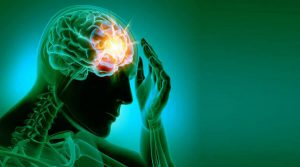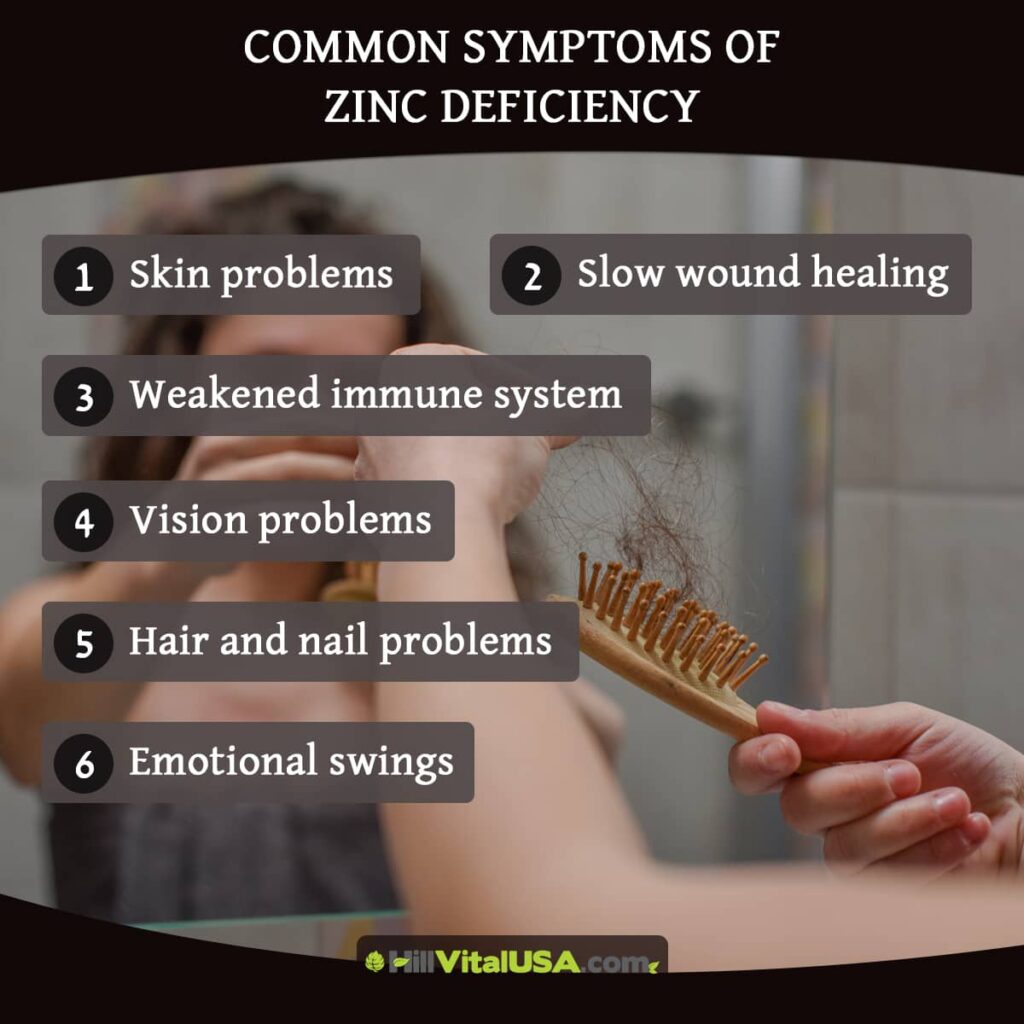



Zinc is a trace mineral that plays a vital role in many biological functions, including immune response, cellular repair, and DNA synthesis. Although our bodies only require small amounts of zinc, not getting enough can lead to noticeable health issues. In fact, the common symptoms of zinc deficiency often go unnoticed or are misattributed to other health conditions. Understanding these symptoms can help you identify the deficiency early and take steps to correct it.
Let’s explore the most common signs that your body might be running low on this essential nutrient.
One of the most visible and common symptoms of zinc deficiency is skin-related issues. Zinc is crucial for maintaining the integrity of the skin and for proper inflammatory response. A deficiency may lead to dry, rough, or irritated skin. In more severe cases, individuals may develop rashes or eczema-like symptoms, particularly around the face, elbows, and knees. Some people experience acne breakouts or increased sensitivity to topical products, both of which can be linked to low zinc levels.
If you’ve noticed that cuts, scrapes, or bruises are taking longer than usual to heal, it may be a warning sign. Zinc plays a key role in tissue repair and regeneration. One of the common symptoms of zinc deficiency is delayed wound healing. This happens because zinc is involved in multiple stages of the healing process, including inflammation control, cell proliferation, and collagen synthesis. Inadequate zinc levels can impair these processes, leaving wounds exposed for longer and increasing the risk of infection.
Another hallmark of zinc deficiency is a compromised immune response. Zinc helps activate T-cells, which are essential for fighting off infections. A shortage can lead to frequent colds, longer recovery periods from illnesses, and a generally weakened resistance to viruses and bacteria. One of the common symptoms of zinc deficiency in both adults and children is increased susceptibility to infections, including respiratory and gastrointestinal issues.
Zinc also plays a critical role in maintaining eye health. It helps transport vitamin A from the liver to the retina to produce melanin, a protective pigment in the eyes. A deficiency may result in vision problems, particularly night blindness. Individuals with low zinc levels may also be at a higher risk for age-related macular degeneration. If you’re experiencing difficulty seeing in low-light conditions, it could be more than just fatigue—it might be one of the common symptoms of zinc deficiency.
Thinning hair or hair loss can be distressing, and brittle nails can be both painful and unsightly. Both are linked to inadequate zinc intake. Zinc supports the growth and repair of hair tissues and strengthens the structural integrity of nails. If you notice increased hair shedding or that your nails are splitting, peeling, or developing white spots, these may be common symptoms of zinc deficiency that should not be ignored.
While zinc’s role in physical health is well known, it also affects mental and emotional well-being. Zinc influences neurotransmitter function and brain signaling pathways. A deficiency has been associated with symptoms such as irritability, mood swings, difficulty concentrating, and even depression. These emotional changes may occur alongside physical symptoms, making the deficiency harder to pinpoint.
If you suspect that you are experiencing one or more common symptoms of zinc deficiency, it’s important to consult a healthcare provider. A simple blood test can confirm your zinc levels. In most cases, the deficiency can be addressed through dietary changes or supplementation. Zinc-rich foods include red meat, shellfish, legumes, nuts, seeds, and whole grains. Vegetarians and vegans may need to pay special attention, as plant-based sources of zinc are less bioavailable.
Be cautious with supplementation, as too much zinc can also lead to negative effects, such as nausea and copper deficiency. Always follow medical advice for dosage and duration.
